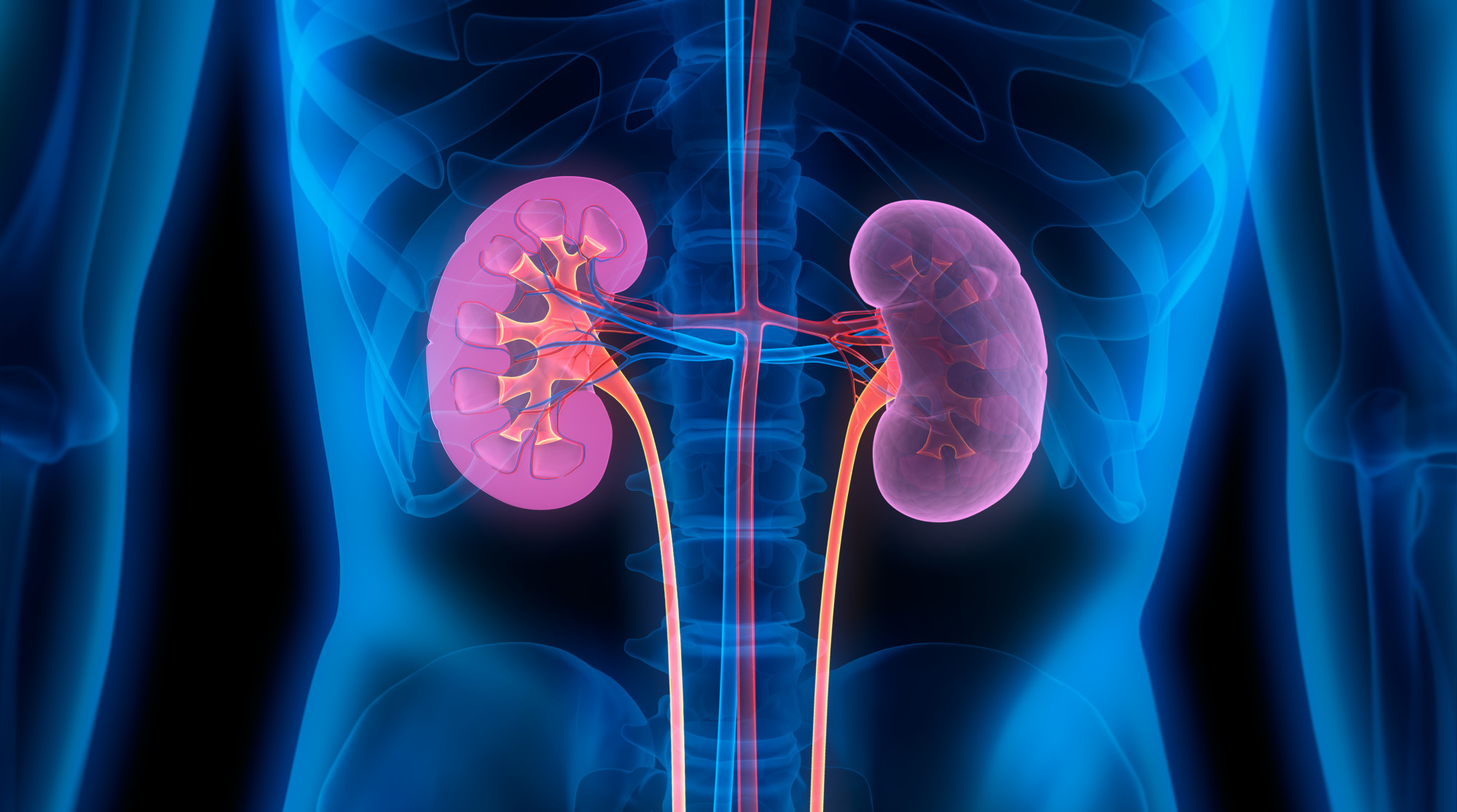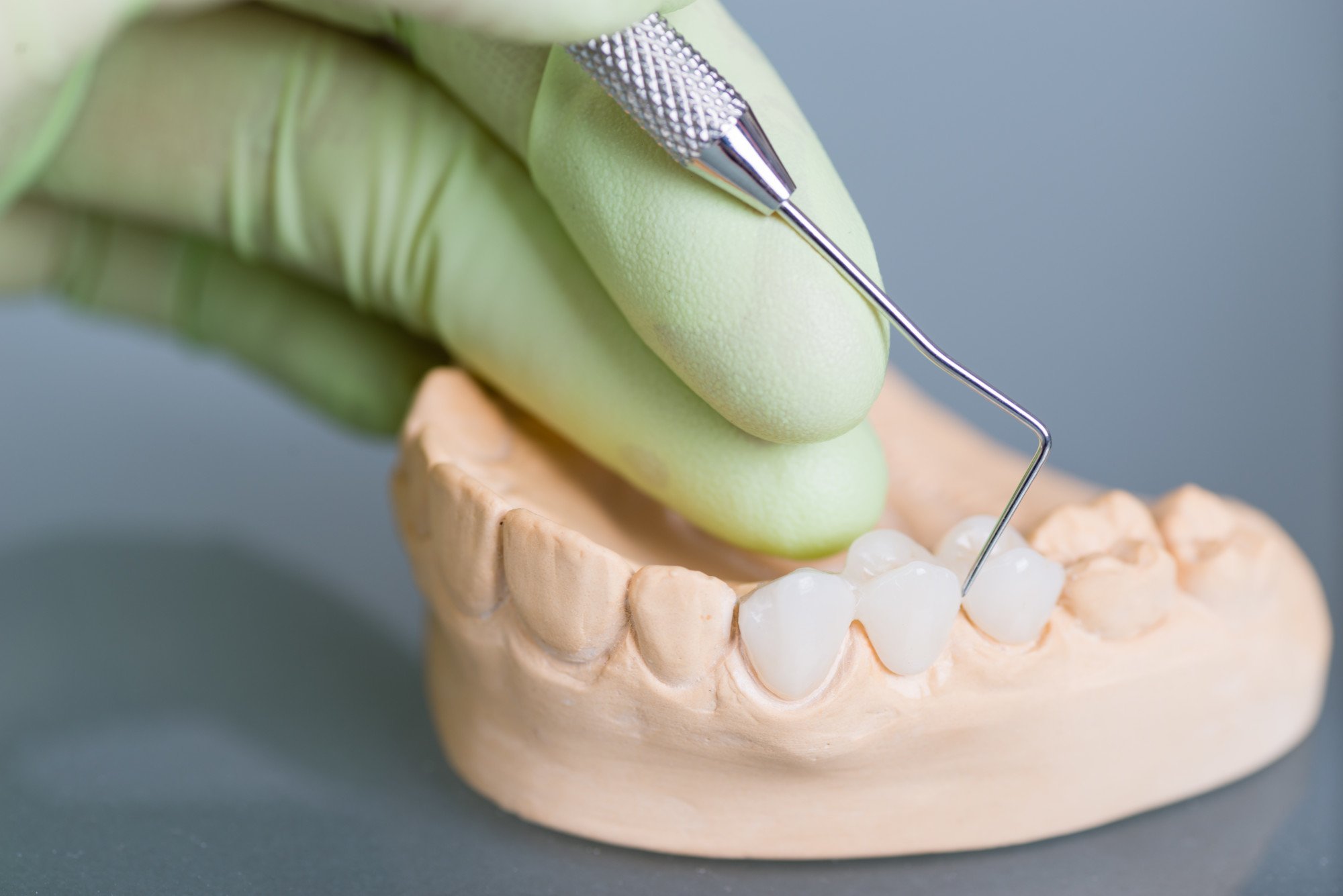
For such a small pair of organs, the kidneys have a long list of duties. They filter waste products, remove impurities in the blood, and maintain the body’s pH level, to only name a few of its tasks. Hence why if your kidneys start to fail, your health will fail right alongside them.
And that’s the situation many of us find ourselves in. Kidney disease affects 37 million adults in the United States alone. And should it become chronic, it can become a lifelong struggle.
But it can be a manageable condition thanks to treatments for kidney disease. So to better understand what living with kidney disease looks like, let’s define what the condition is and how proactive kidney treatment results in more positive outcomes.
What Is Kidney Disease?
There are several kidney disease types, as opposed to a single condition. Kidney stones, for example, are one of the most common kidney ailments. Though unpleasant as they are, they rarely cause serious problems.
Glomerulonephritis is another potential kidney problem. It describes the inflammation of small structures inside the kidney. Like kidney stones, however, this ailment often resolves on its own.
The major condition is chronic kidney disease. This is a long-term condition where the kidney sustains permanent damage. As such, it tends not to improve with time.
The biggest risk factor for chronic kidney disease is high blood pressure. The excess pressure strains the small blood vessels in the organ. Over time, they deteriorate and the kidney becomes less functional.
The other major risk factor is diabetes. When there’s too much sugar in your blood for too long a time, it causes damage to the vessels. Like with high blood pressure, this eventually leads to permanent damage.
Finding Treatments for Kidney Disease
Once you’ve been diagnosed with any form of kidney disease, it falls to you and your doctor to develop a plan to combat it.
Medications like angiotensin-converting enzyme (ACE) inhibitors are one possibility. Usually prescribed for high blood pressure, they can slow the progression of the disease and preserve kidney function in some cases.
Lifestyle changes may also help slow the disease. Changing your diet or better managing comorbid conditions like diabetes can help treat the underlying causes of kidney disease.
In severe cases, dialysis may become necessary. This is an artificial method for filtering the blood, reserved for patients whose kidneys have already failed or are nearing that point. Once dialysis is no longer effective, your doctor may recommend you for a kidney transplant.
Kidney disease can affect different patients in very different ways. Only a professional, and preferably a kidney specialist, is qualified to recommend a personalized course of treatment. To seek out the right course for you, look for a kidney doctor near me as soon as possible.
Living Well With Chronic Kidney Disease
Once kidney disease develops, the objective is to slow its progression. With proactive treatment and positive lifestyle changes, patients can live happy and healthy lives for years to come.
The key to success is an individual taking charge of their well-being. And new treatments are being developed right now. To keep up with current advances as they emerge, be sure to follow our latest health news.





